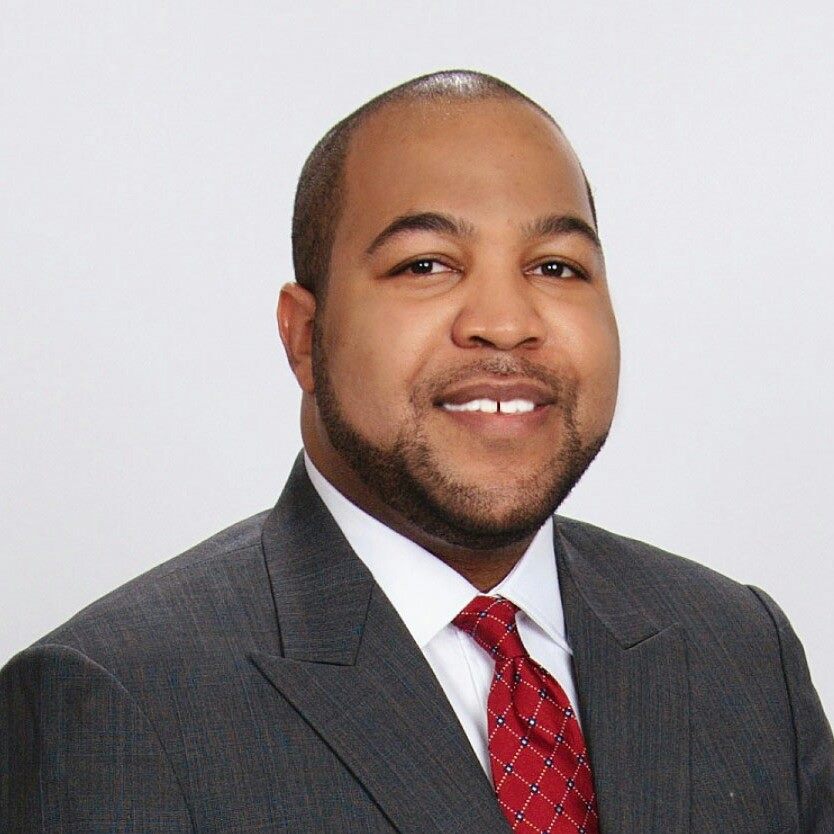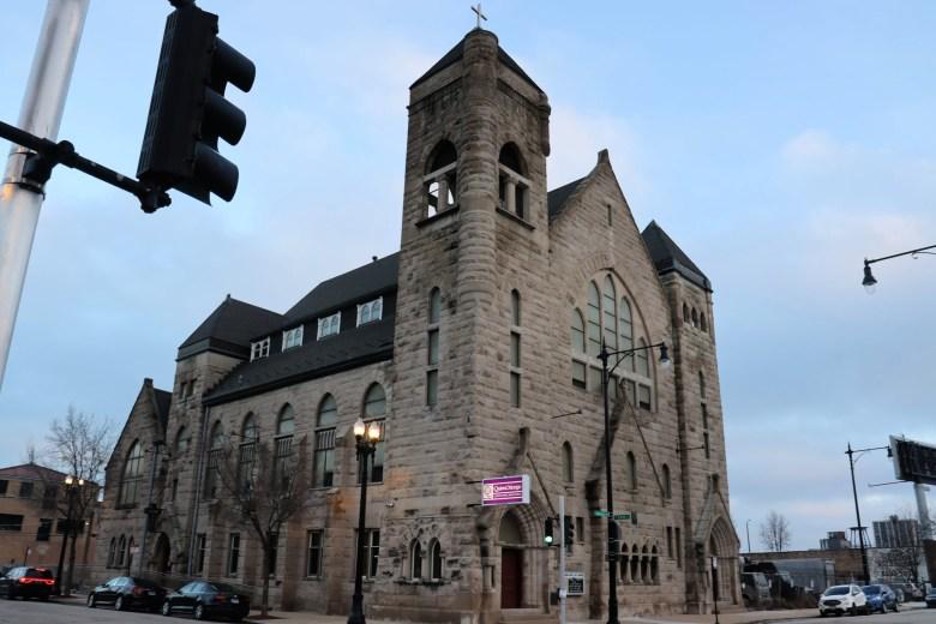Repealing the Candidate Tax: Campaign Reform in the AME Church
By John Thomas III, Editor
On June 10, the General Conference Commission of the AME Church issued a “Campaign Moratorium”. In the wake of the rescheduled General Conference and the COVID-19 pandemic, the in-person campaigning activities for Bishop, General Officer and Judicial Council were halted until February 2021. The detailed rationale for their actions is outlined here:
“The Commission did vote for a moratorium on the solicitation of candidates for monetary support through ads, meal/event sponsorships and various other forms of donations. Given the delayed convening of the 51st Session of the General Conference, we ask loving and loyal AMEs to cease any solicitation of candidates. This in no way restricts candidates from presenting themselves to the denomination through the Christian Recorder, our official organ, and through other means at their discretion without solicitation.”
Met with almost universal acclaim, the General Conference Commission’s action shines a light on the selection process for AME Church leadership. It is no secret that one of the attractions of the General Conference is the carnival-like atmosphere of campaigning. The colorful booths, entertaining chants, late-night meetings, and election day theatrics are almost as much a part of us as “I was glad when they said unto me…”. One of the unwritten rules in our church culture is that aspirations are not to be restricted—no matter how elusive. Any person who can be certified has a right to offer themselves for service to the Kingdom of God through the Church of Allen. Such is the “romance of African Methodism.”
Yet, as the statement by the General Conference Commission shows, there are costs to this process. While becoming a “candidate” vaults one to a new status amongst his or her peers, it also begins a years (sometimes decades) long march to an often unmet goal. In our 204-year history as a Connectional Church, only 138 persons have been elected to the bishopric. The numbers for General Officer and Judicial Council candidates are similar. One could have better luck at a roulette wheel in Las Vegas than the floor of the General Conference. Yet, as Vernon Jordan lamented when addressed the General Conference in 1976, countless dollars that could be invested in our ministries and communities instead are wasted to feed aspirational ambitions that often have little chance of success.
I experienced this first-hand when I ran to be the Editor of The Christian Recorder. After I had prayed and received confirmation from God and talked with my family, I sat down with the Bishop of my District and my Campaign Treasurer to have an honest discussion about the money I would need to raise. Every visit to an Annual Conference or Planning Meeting cost me several hundred dollars between the flight, hotel, and visitors’ offering. I clustered trips together to save money, and I remember one week starting in Los Angeles, California, and ending in Greenville, North Carolina, with two stops in between. A candidate asked me once, “Thomas, how are you going to pay for this since you don’t have a church to get the money from?” While I know members who have actively supported their pastor’s ambitions, this statement and its assumptions about local church finance profoundly concerned me. After the seemingly endless stump speeches, handshakes, and requests for ad journal placements, I was elected a General Officer on July 11, 2016. Even with the help of generous friends and family and a good fundraising team, I did not pay off the campaign costs until July 2020.
While my story succeeded, many of the people I came to know on the campaign trail are still pursuing their aspirations. The General Conference Commission’s public statement confirms what many have said privately: the cost for campaigns has spiraled out of control. While understanding that our members should interact with the persons running for our denomination’s highest offices, the current system sucks money, time, and energy from some of our most talented servants as well as the churches they serve. How many qualified people have been scared away because of our political process? Additionally, our current system creates an almost insurmountable barrier for candidates from Districts 14-20 who must not only contend with additional travel costs but also the cultural issues of dealing with a mostly American electorate.
So, what can we do to repeal the tax on candidates? The same way the General Conference Commission set a norm by imposing a moratorium on travel until February, we can create new rules and standards on what is expected of candidates. We can create uniform opportunities across Episcopal Districts for candidates to share their messages and honestly evaluate what they offer to the Church instead of carnivalesque popularity contests. We can remove the expectation of spending thousands of dollars on barely read advertisement journals, sponsored meals and overpriced booths. We can use technology to level the situation for candidates from Districts 14-20 so that their voices can be given the same consideration as those from the United States.
What the AME Church needs is not overtaxed candidates, but excited leaders whose energy is focused on service. This moratorium placed on campaigning for the next few months will hopefully be the way to a better system that will allow us to truly discern who will do the best work for our Church.





